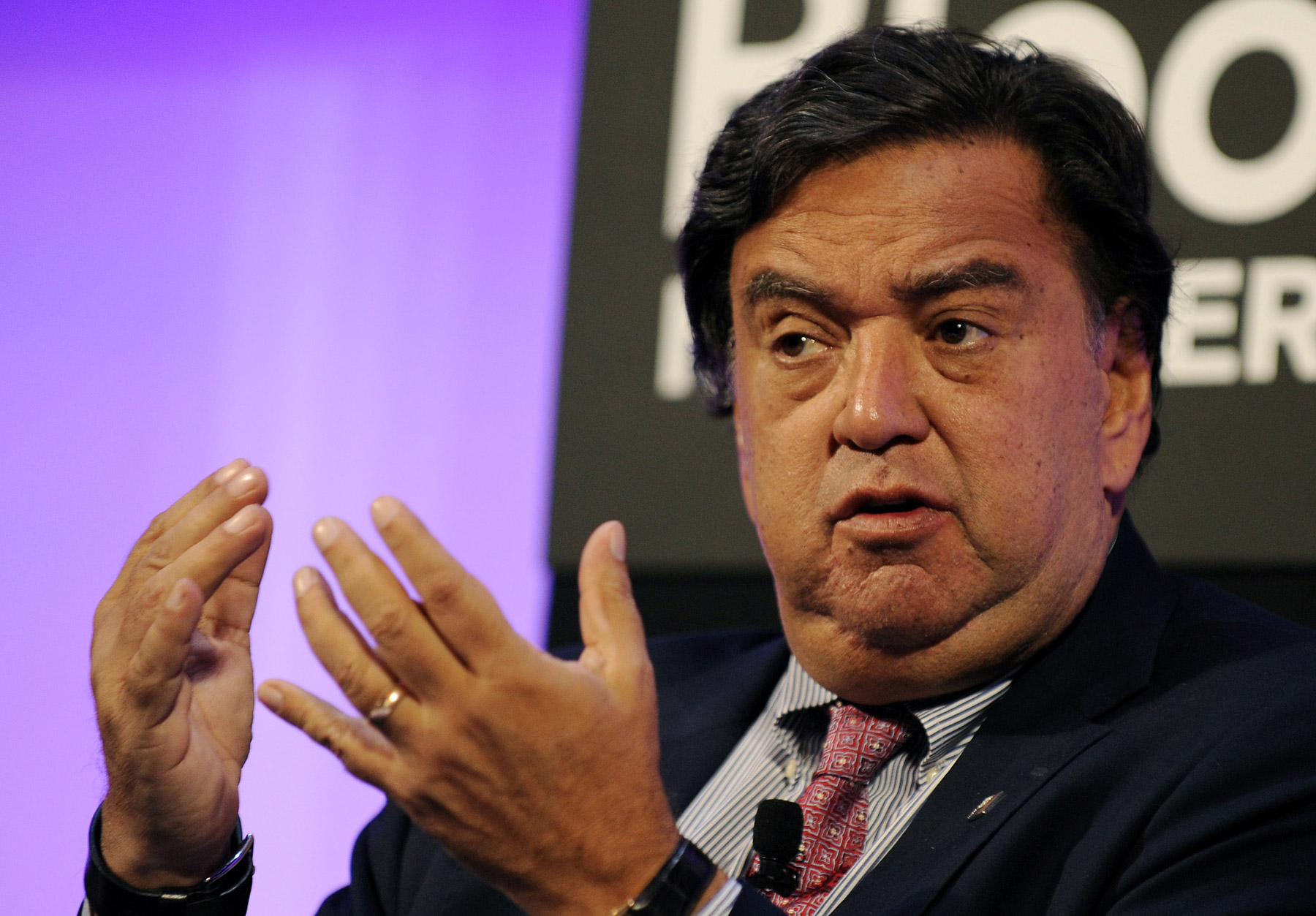
In the short term, the key questions surrounding the crisis in the Ukraine involve whether Russia’s expansionist tendencies will continue in the Ukraine after the Crimean vote and, subsequently, the effectiveness and intensity of the American and European sanctions in the ensuing weeks.
Longer term, America and the West need to take several steps: As a starter, the U.S. should consider bringing back the anti-missile defense in Poland; additionally, it should ensure the Ukrainian defense forces are strengthened, and it should also re-evaluate increasing defense support for strong U.S.-friendly countries like Moldova, Azerbaijan, and Lithuania.
But the most powerful response from the West must come in the form of transatlantic energy security. The importance of European and Eurasian energy independence from Russia has only increased over time. Both regions have been taking measured steps to reduce their dependence on Russia, especially after the Russia-Ukraine gas disputes of 2006 and 2009, which left much of Europe under-heated in those winters.
The pace of these efforts must increase rapidly. We know how to do this. Back in the 1990s one of my main assignments when I was Secretary of Energy was creating the Baku-Tbilisi-Ceyhan pipeline, running from the Caspian Sea through Azerbaijan, Georgia, and Turkey to the Mediterranean. So I know that Europeans and Americans can work together to create strategically sound solutions to provide reliable sources of energy to Europe and Eurasia. Transatlantic energy security has never been fully achieved, however, because Russia’s tactics in politicizing natural gas exports have worked. And they will continue to work in strengthening Russia’s influence until Berlin, Brussels, and Washington are on the same page.
Strongly supporting projects, such as the Trans-Adriatic and Anatolian Pipelines to extend the East-West energy corridor (connecting the Caucasus and Central Asia to world markets), is not just important for securing regional independence from Russia. These projects are in the West’s long-term interests as well.
At the same time, Washington is deciding whether it will leverage the United States’ energy bounty in order to advance its foreign policy goals during the most serious East-West crisis in a generation. The United States’ shale gas revolution has boosted its economic competitiveness and helped reduce U.S. carbon emissions to their lowest levels in 20 years. Exporting this natural gas would decrease European and Eurasian dependence on Russia, empowering U.S allies while sending Moscow a clear signal of the seriousness we place on transatlantic energy security.
Achieving a transatlantic energy security strategy in coordination with key countries in the region, such as Ukraine, Azerbaijan, Turkey and Poland, would be a very important step toward ensuring that the region can be truly free from undue interference from Russia.
Playing the long game and focusing on the energy trends that are working in our favor will be critical for the West. Now is the time for some old-fashioned diplomacy, working with our allies to craft solutions that achieve greater independence from Russia. The best place to start is with transatlantic energy security.
In the end, after all the smoke clears, both the U.S. and Russia need to build a more mature and cooperative relationship. The world does not need another Cold War.
Bill Richardson is a former Secretary of Energy and Ambassador to the U.N.
More Must-Reads from TIME
- Donald Trump Is TIME's 2024 Person of the Year
- Why We Chose Trump as Person of the Year
- Is Intermittent Fasting Good or Bad for You?
- The 100 Must-Read Books of 2024
- The 20 Best Christmas TV Episodes
- Column: If Optimism Feels Ridiculous Now, Try Hope
- The Future of Climate Action Is Trade Policy
- Merle Bombardieri Is Helping People Make the Baby Decision
Contact us at letters@time.com